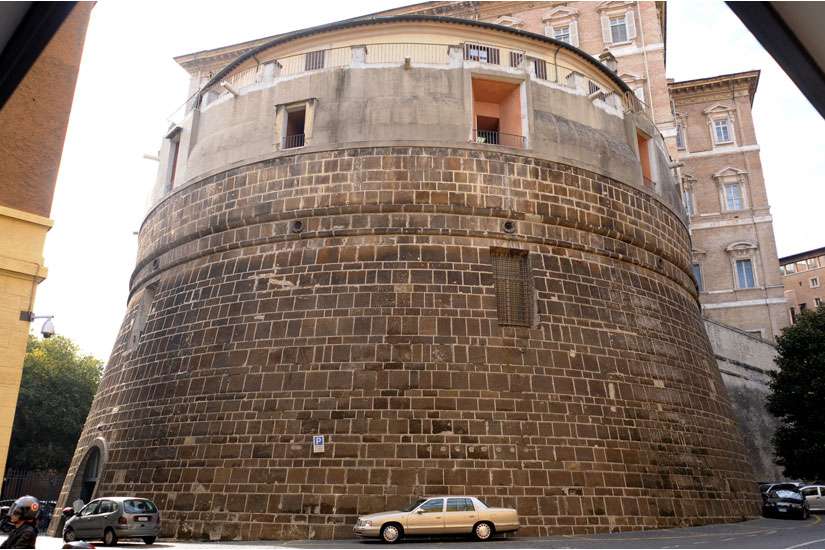The institute reported a net profit of 69.3 million euros ($75.5 million U.S.) in 2014 compared to a 2013 net profit of 2.9 million euros. The bulk of the profit, 55 million euros, was given to the Holy See for its operating costs.
Releasing its annual report May 25, the institute said the increase "was mainly due to an increase in the net trading income from securities and to a decline in extraordinary operating expenses," which included the costs of outside consultants. The consultants were hired to help the institute reform practices and procedures in line with new Vatican regulations and international standards, including those that aim to prevent money laundering and the financing of terrorism.
Msgr. Battista Ricca, the institute's prelate, wrote in an introduction to the report that the bank's purpose "is not to pursue the accumulation of wealth. Rather, it is to honestly and faithfully serve the universal mission of the Church by supporting those who work in the vineyards of the Lord — often thanklessly and under dangerous circumstances — to feed, to educate, to heal and to permit the Gospel to be known."
The annual report said just over half of its account holders are religious orders working around the world. Fourteen per cent of the accounts belong to Vatican nunciatures across the globe; nine per cent are held by cardinals, bishops and priests; dioceses account for eight per cent of the clients; and the rest of the account holders are Vatican employees and religious education institutes.
In 2013, the institute tightened its guidelines for who can have or open an account. To comply with those guidelines and with international regulations, the bank undertook a thorough review of all account holders.
Since May 2013, the report said, the institute has ended 4,614 "customer relationships" and was in the process of closing nearly 300 more.


